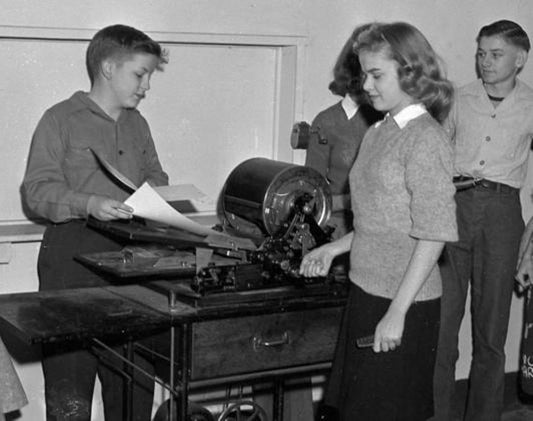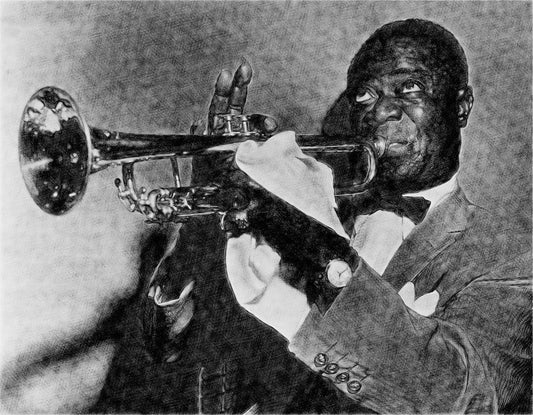The late Richard Heyser, brilliant mathematician and former president of the Audio Engineering Society said: "If it measures good and sounds bad, you’re obviously not measuring the right things."
Touche.
In the same vein, one of our posters made a comment a few days ago:
"Try this little experiment. Warm up your stereo tonight around midnight, shut the curtains, turn off the lights and listen for 60 seconds. Then repeat exactly the same, except with someone shining a torch in your eyes. Will it sound the same? I bet you it won't. Why? Because a single additional stimulus throws your auditory perception. Then think about all the changes in stimuli as you listen over weeks and months and your new power cable burns in."
This statement is absolutely true. Listening with lights on vs. lights off makes a difference.
The conclusion the poster wishes us to arrive at is that this proves we're not reliable measurement instruments because we can so easily be influenced.
I draw a completely different conclusion.
The parts of our psyche that perform auditory measurements are inexplicably linked to our emotional center as well as all our senses. It is the cumulation of these many inputs processed by our almost unimaginably complex brains that helps us hear differences as of yet unmeasurable by mere electronics. When we feel our pant legs rippling to a bass note from a pipe organ, which scientific measurement tool shows us that?
"If it measures good and sounds bad, you’re obviously not measuring the right things."
Thanks, Richard.








